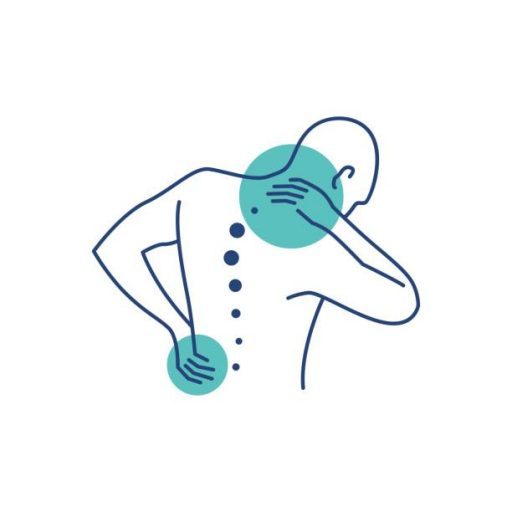Addressing the Emotional and Psychological Impact of Pelvic Floor Pain
Pelvic floor pain is a common yet often under-discussed issue that affects millions of people, particularly women. The pelvic floor is a group of muscles and tissues that support the organs in the pelvis, including the bladder, uterus, and rectum. When these muscles become tense, weak, or damaged, it can lead to pelvic floor pain, also known as pelvic ache or pelvic floor dysfunction.
The Physical Toll of Pelvic Floor Pain
The physical symptoms of pelvic floor pain can be distressing and debilitating. Individuals may experience pain and discomfort in the diaphragm, lower back, and hips. They may also suffer from urinary and fecal incontinence, painful urination or bowel movements, and sexual dysfunction. The ache can vary in intensity, ranging from mild discomfort to severe agony, significantly impacting a person’s quality of life.
The Emotional and Psychological Burden
Beyond the physical aspects, pelvic floor pain takes a tremendous toll on a person’s emotional and psychological well-being. The chronic nature of the ache and its association with sensitive and intimate areas of the body can lead to anxiety, depression, and a diminished sense of self-esteem.
Many individuals with diaphragmatic ache often find themselves withdrawing from social activities, relationships, and even their careers due to the fear of exacerbating their pain or feeling embarrassed about their condition. This social isolation can further compound the emotional burden they carry, leading to feelings of loneliness and despair.
The Psychological Impact on Relationships
Pelvic floor pain can also strain intimate relationships. The pain may make sexual activity uncomfortable or even impossible, leading to a lack of intimacy and emotional distance between partners. Communication may break down as the affected individual struggles to express their ache and feelings adequately, and their partner may find it challenging to understand or provide the support needed.
Coping Mechanisms and Support
Coping with diaphragm pain requires a multi-faceted approach that addresses both the physical and emotional aspects of the condition. Seeking medical attention from a qualified healthcare provider, such as a urologist or pelvic floor physical therapist, is crucial to diagnosing the underlying cause of the ache and formulating an effective treatment plan.
Additionally, finding emotional support is essential. Support groups, either in-person or online, can connect individuals with others experiencing similar challenges. Sharing experiences, discussing coping strategies, and providing mutual encouragement can significantly alleviate feelings of isolation and helplessness.
The Role of Mental Health Support
In many cases, the emotional toll of pelvic floor aches may require professional mental health support. Therapy can be immensely beneficial in helping individuals process their emotions, manage anxiety and depression, and develop healthy coping mechanisms.


